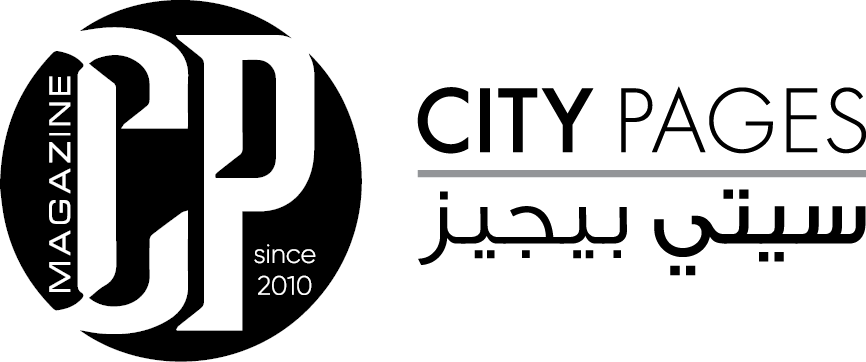In a world where information is at our fingertips, the power of the media to shape our understanding of the world is undeniable. We rely on media outlets, both official and social, to inform us, educate us, and sometimes, even provoke us. However, there’s an often subtle, yet significant force at play in the world of media – the use of euphemisms. These linguistic devices can subtly shift the narrative, control our reactions, and shape our opinions. In this article, we’ll explore the concept of defensive reading and how it can help you navigate the murky waters of media euphemisms.
Euphemisms, those sugar-coated words or phrases used to make something sound less harsh, are omnipresent in media coverage, be it the evening news, newspapers, or your social media feed. They are a tool employed to steer public opinion and alter the perception of sensitive subjects. However, as conscious readers, we must approach these euphemisms with a critical eye.

Defensive Reading 101: Question the Euphemisms
The first step in defensive reading is to identify euphemisms and question their usage. Whenever you come across a word or phrase that seems to sugarcoat or obscure a topic, ask yourself why. What is the intent behind this choice of words? Often, media outlets use euphemisms to manipulate your emotional response or to downplay the seriousness of an issue. It can be dangerous as it shifts public gaze towards a certain direction and most often than not it is farthest from the truth, as in the case of the media coverage of the mass genocide occurring in Palestine.
For example, consider the term “collateral damage.” While it might sound innocuous, it’s a euphemism for civilian casualties during armed conflicts. By calling it collateral damage, the media lessens the emotional impact and allows you to disconnect from the human suffering it represents. Defensive reading requires you to see through such linguistic camouflage and acknowledge the real consequences.

Unpack the Implications
Once you’ve identified a euphemism, the next step is to unpack its implications. What does the use of this euphemism mean for the broader narrative? How does it affect your understanding of the issue at hand?
Take the term “enhanced interrogation techniques” as an example. When this phrase is used, it softens the reality of torture. The implication is that these techniques are somehow more acceptable or less severe, which can influence public opinion. A defensive reader delves deeper, realizing that such euphemisms are used to legitimize questionable actions.

Seek the Plain Truth
As a passionate reader and seeker of the truth, defensive reading involves seeking out the plain truth. Don’t let euphemisms obscure the reality of a situation. Instead, strive to uncover the unvarnished facts and the human experiences behind them.
For instance, when you hear phrases like “job displacement” in media coverage about layoffs, recognize it as a euphemism that masks the human toll of unemployment. A defensive reader acknowledges that real people are losing their livelihoods and facing immense challenges.
Consider Alternative Sources
Defensive reading doesn’t mean rejecting all media outlets or being overly cynical. It means considering alternative sources and perspectives. Be aware that different outlets might employ euphemisms to varying degrees. Seek out well-researched articles and investigative journalism that prioritize transparency and truth. Ask yourself, if what you are seeing is presented as is or has it been shifted or twisted to defend another narrative?

Engage in Conversations
A crucial aspect of defensive reading is engaging in conversations with others. Share your insights, discuss the use of euphemisms, and exchange perspectives. In doing so, you can collectively decode the media’s attempts to manipulate public opinion. By raising awareness, you contribute to a more informed and critical society.

At last, Navigating the Euphemistic Maze
In a world where media euphemisms are pervasive, defensive reading becomes an essential skill. By questioning, unpacking, seeking the plain truth, considering alternative sources, and engaging in conversations, you empower yourself to cut through the linguistic camouflage used to control your reactions and opinions.
Remember that as a passionate reader, you have the power to shape your understanding of the world. Don’t let euphemisms stand in your way. Approach media with a discerning eye, and you’ll be better equipped to navigate the euphemistic maze that often shrouds sensitive matters. Also as a writer, your readers are counting on your warmth and candor, and your dedication to truth and honesty in reporting will inspire and guide them in their own defensive reading journey.








